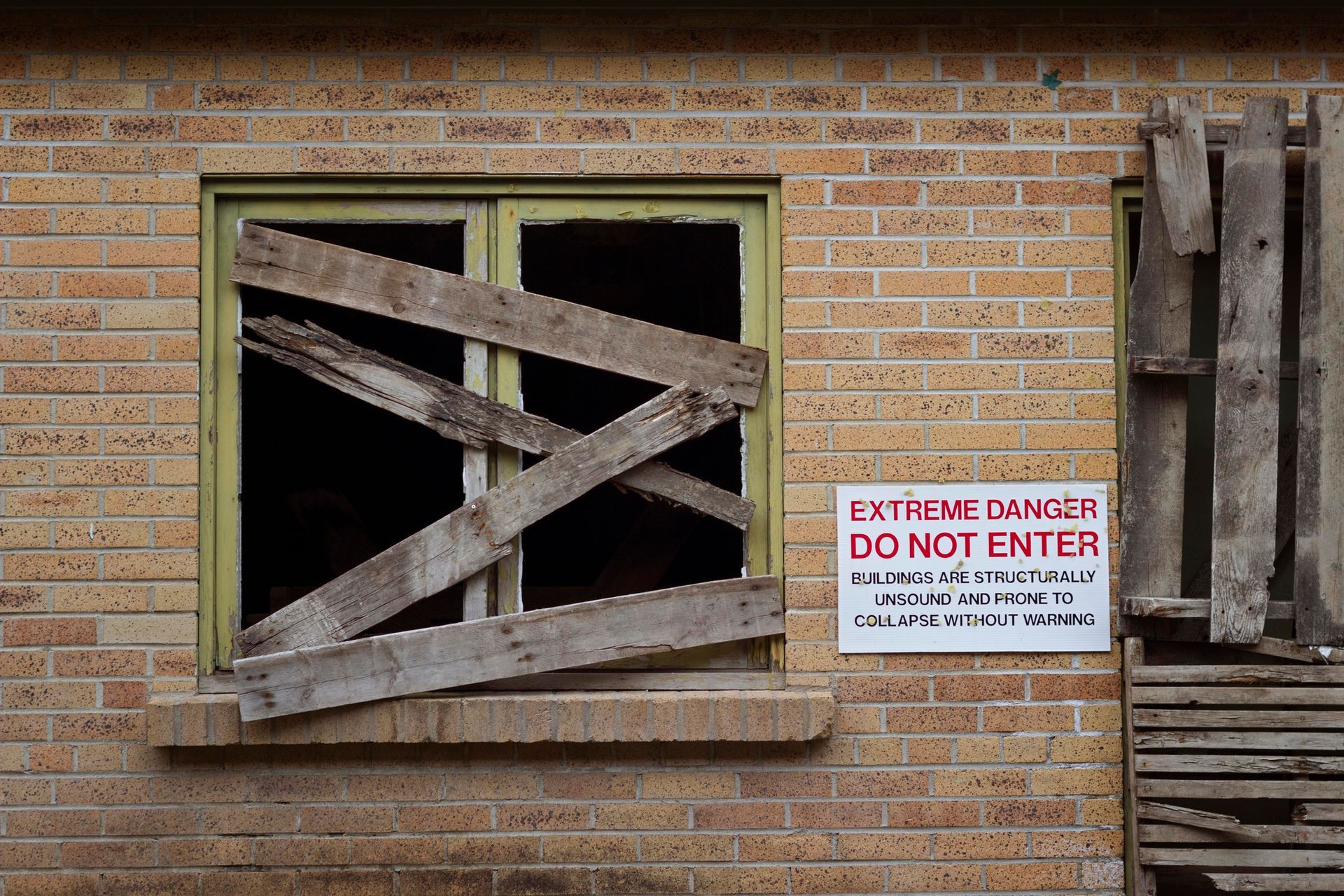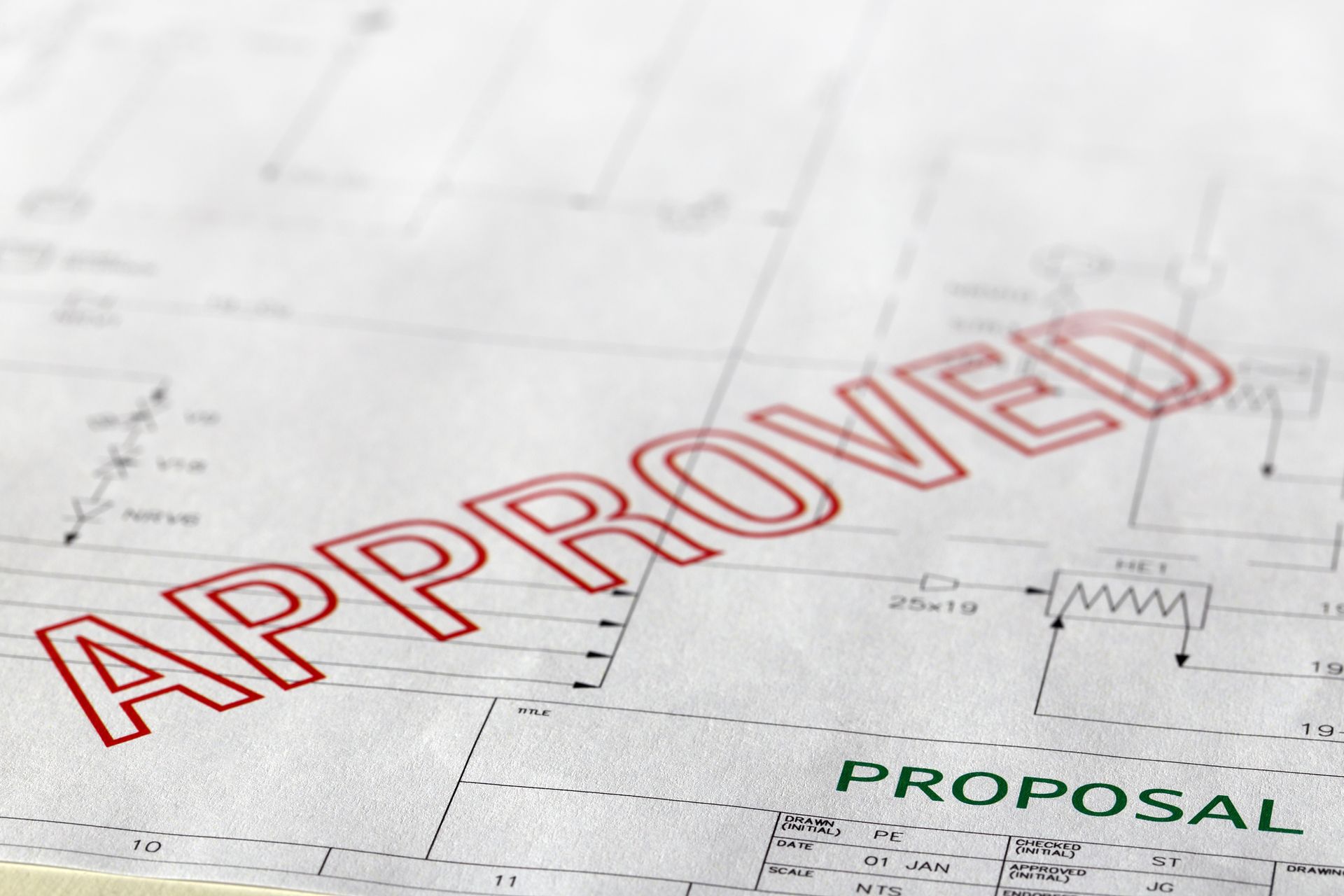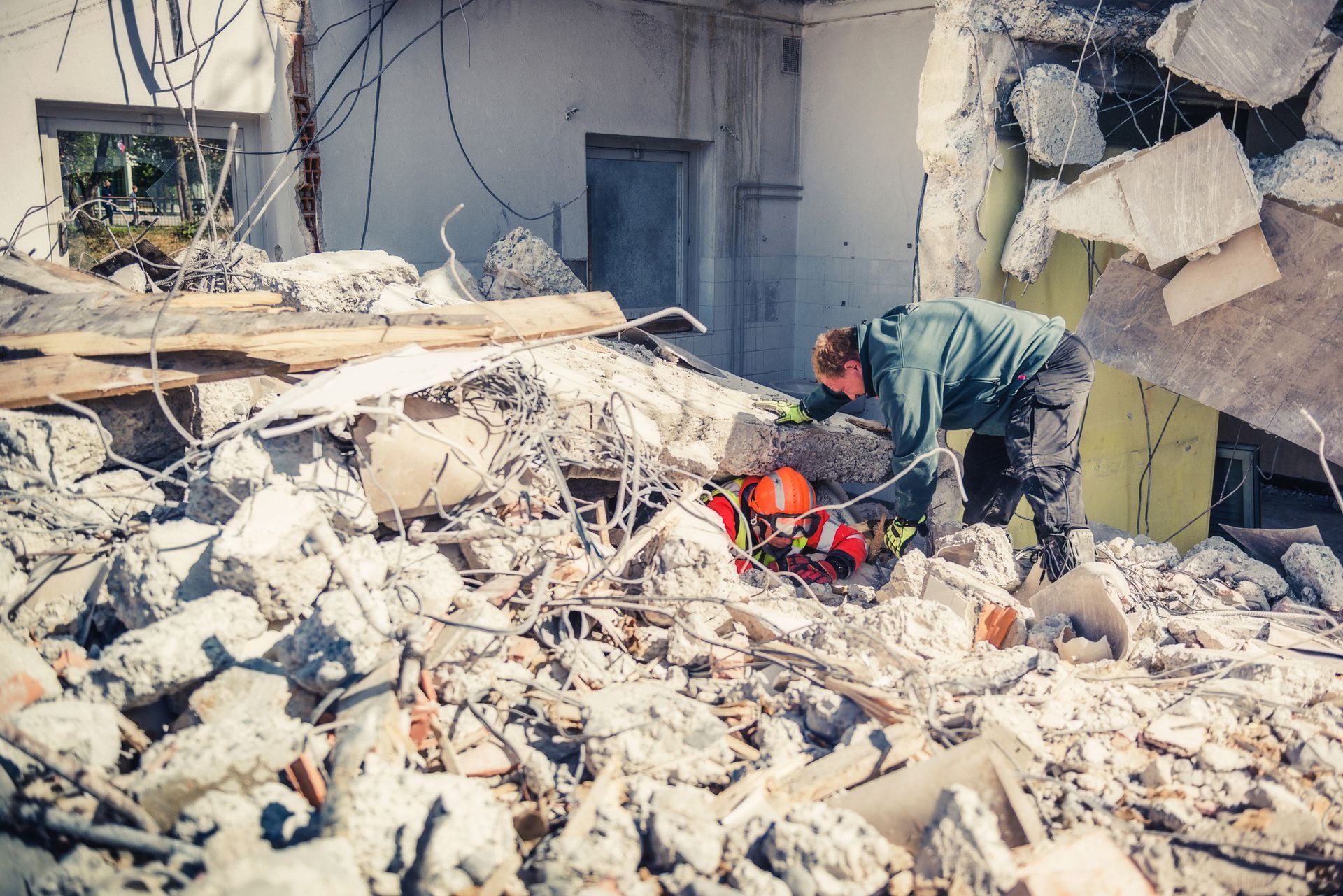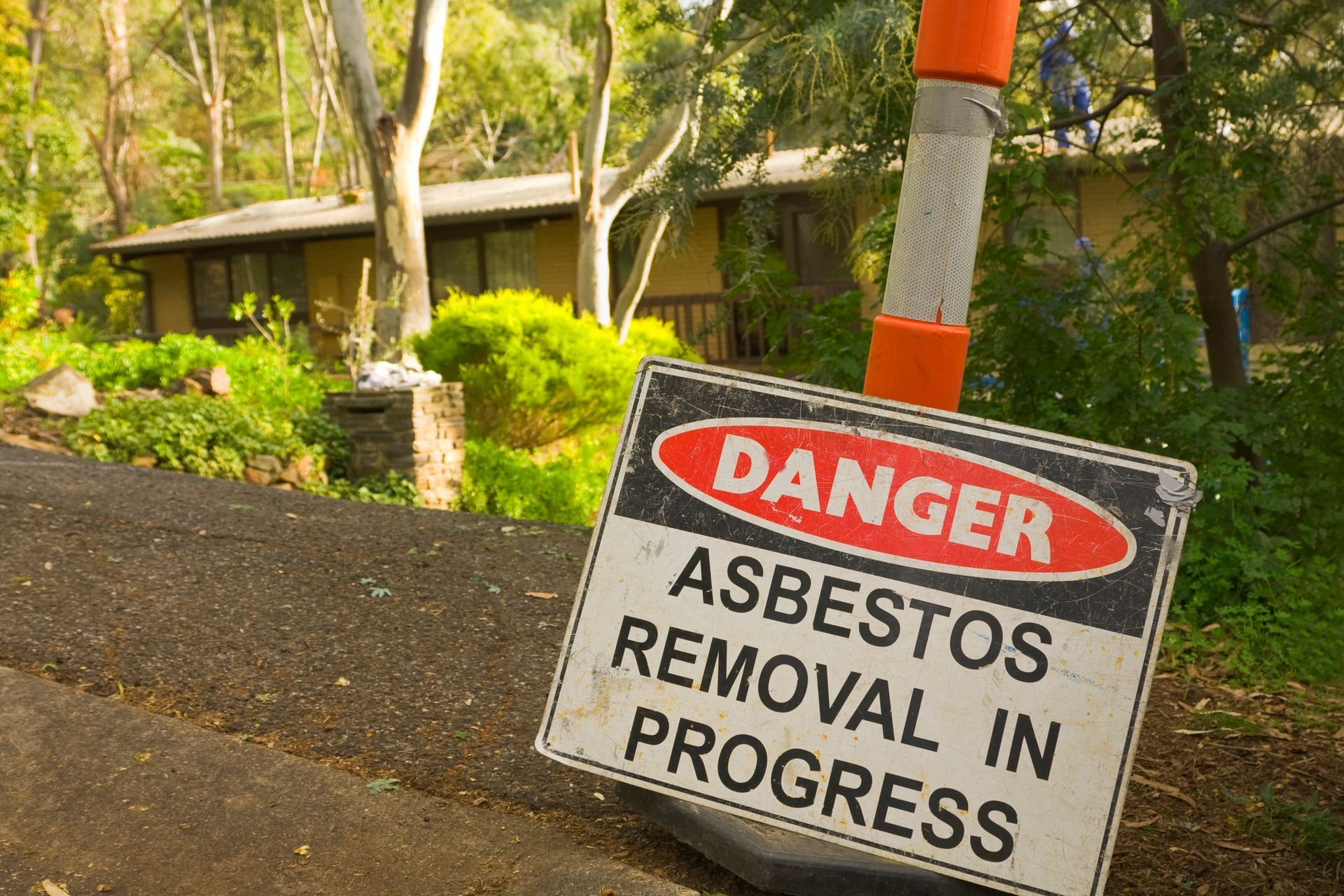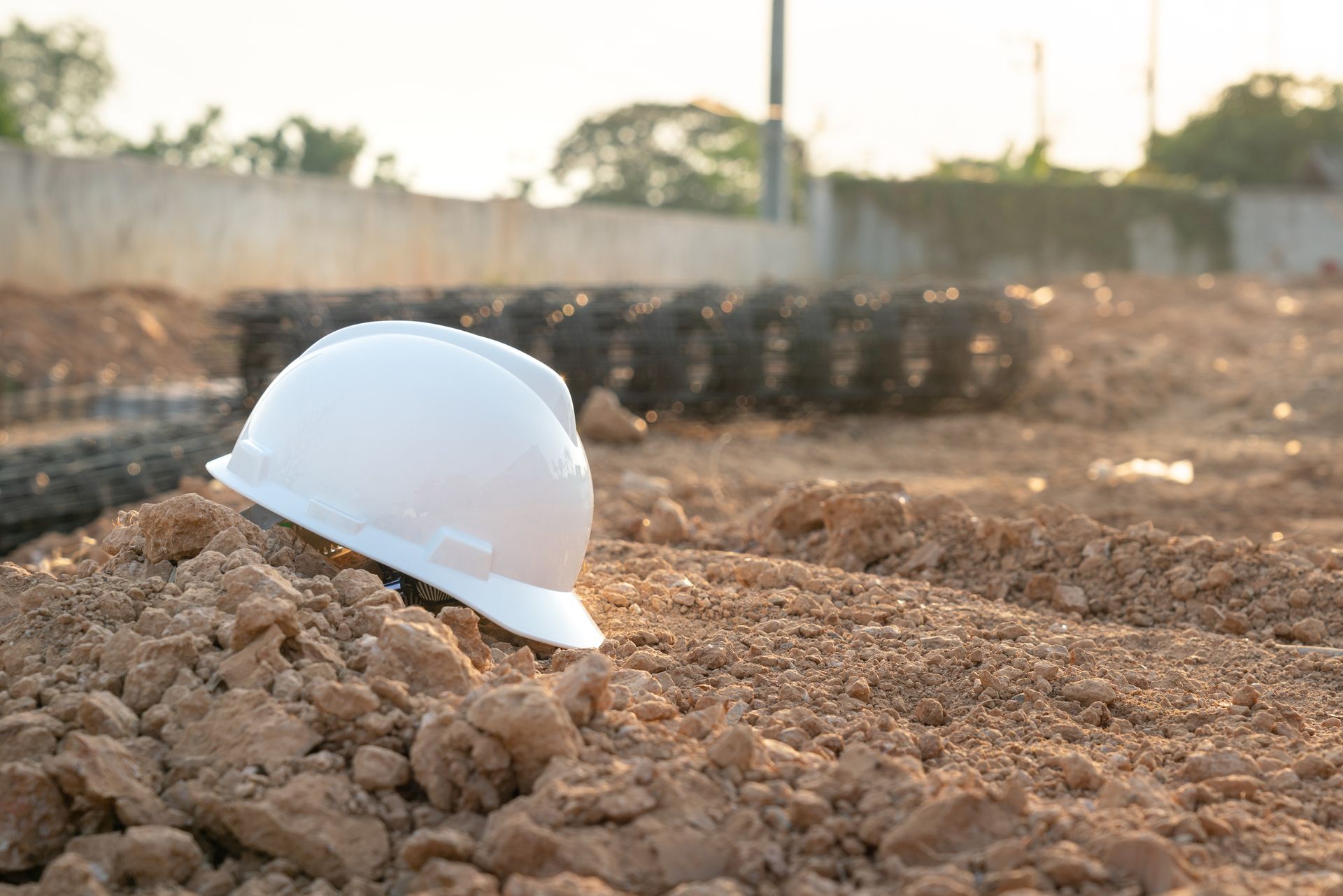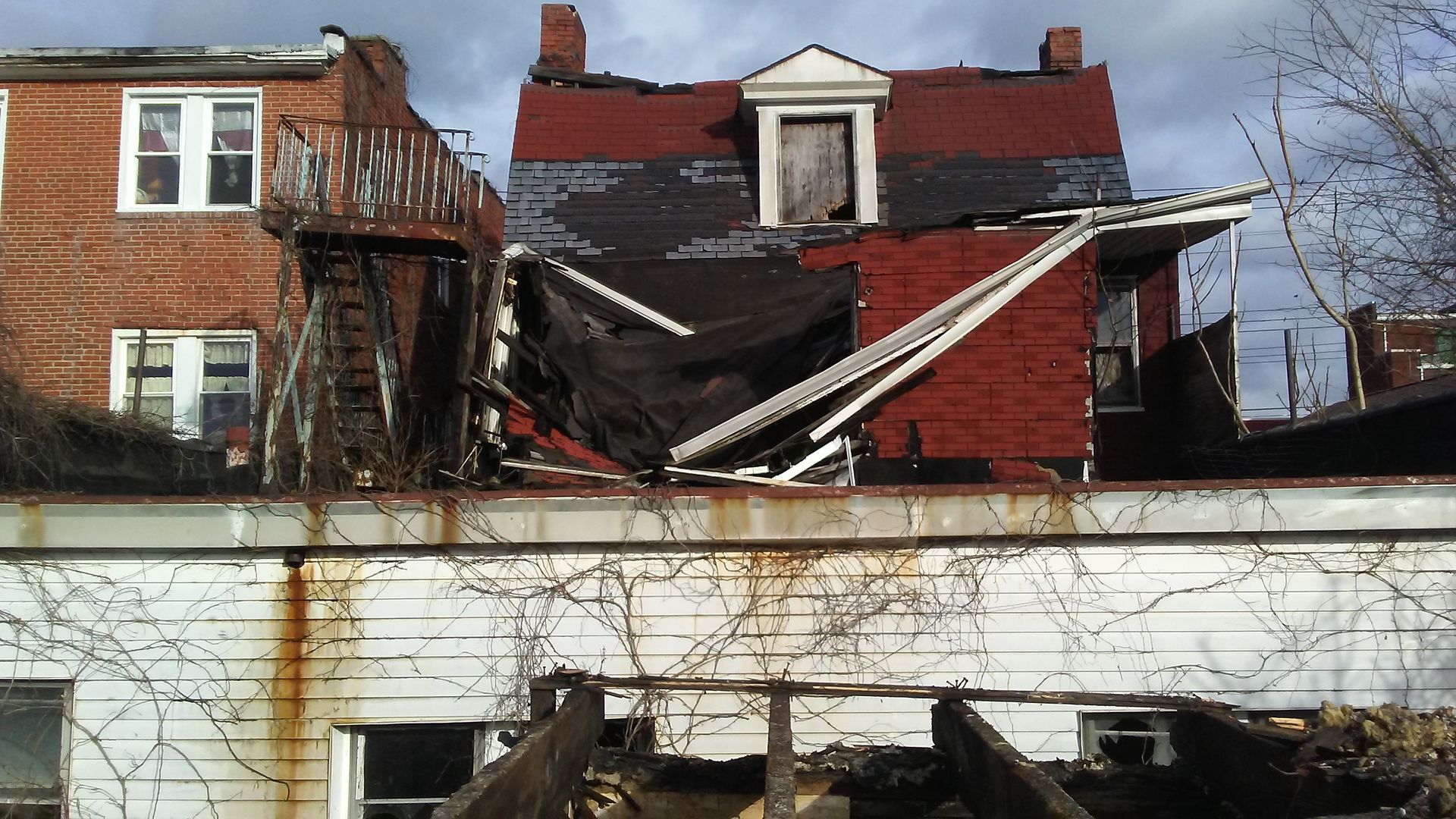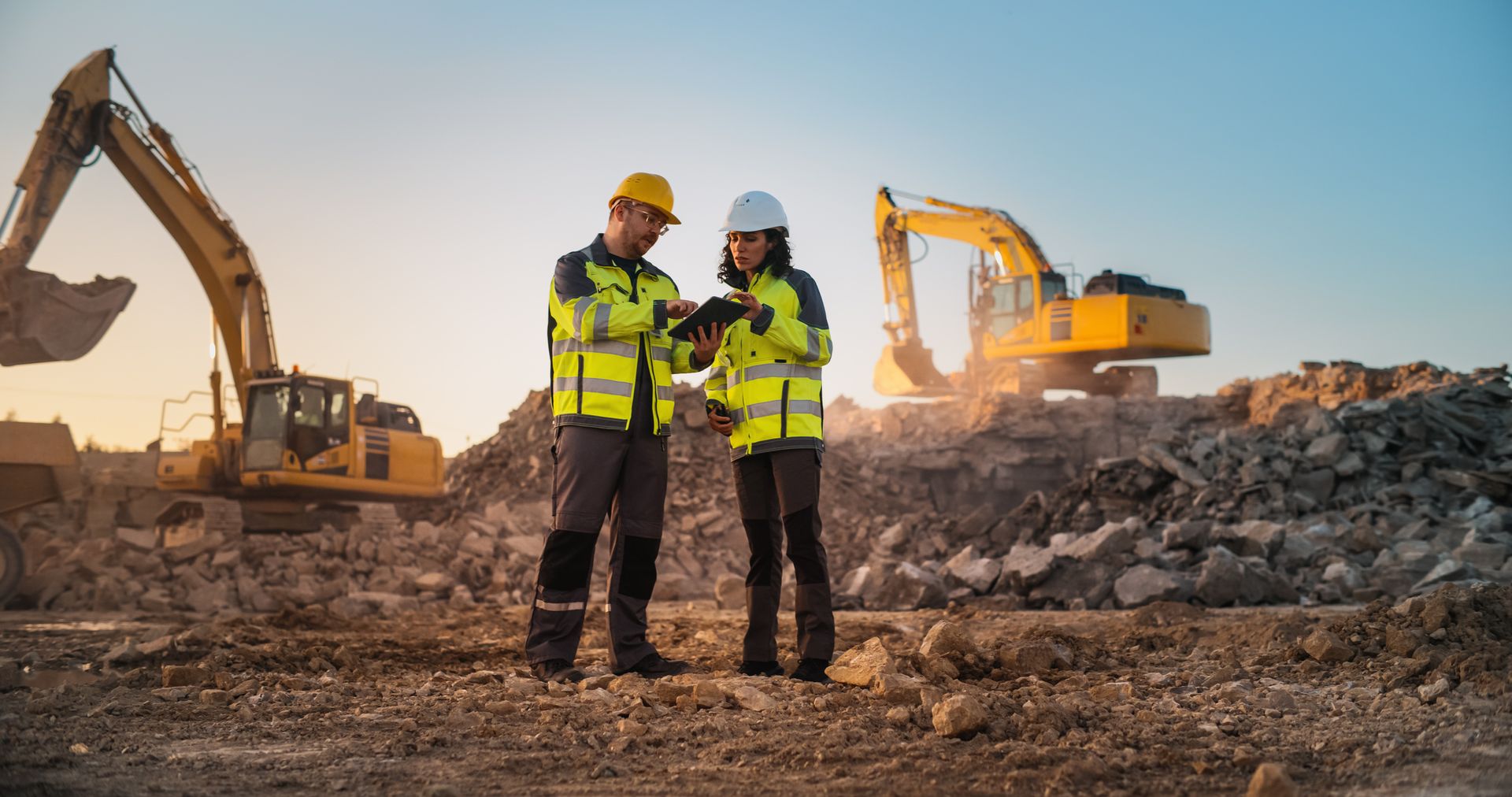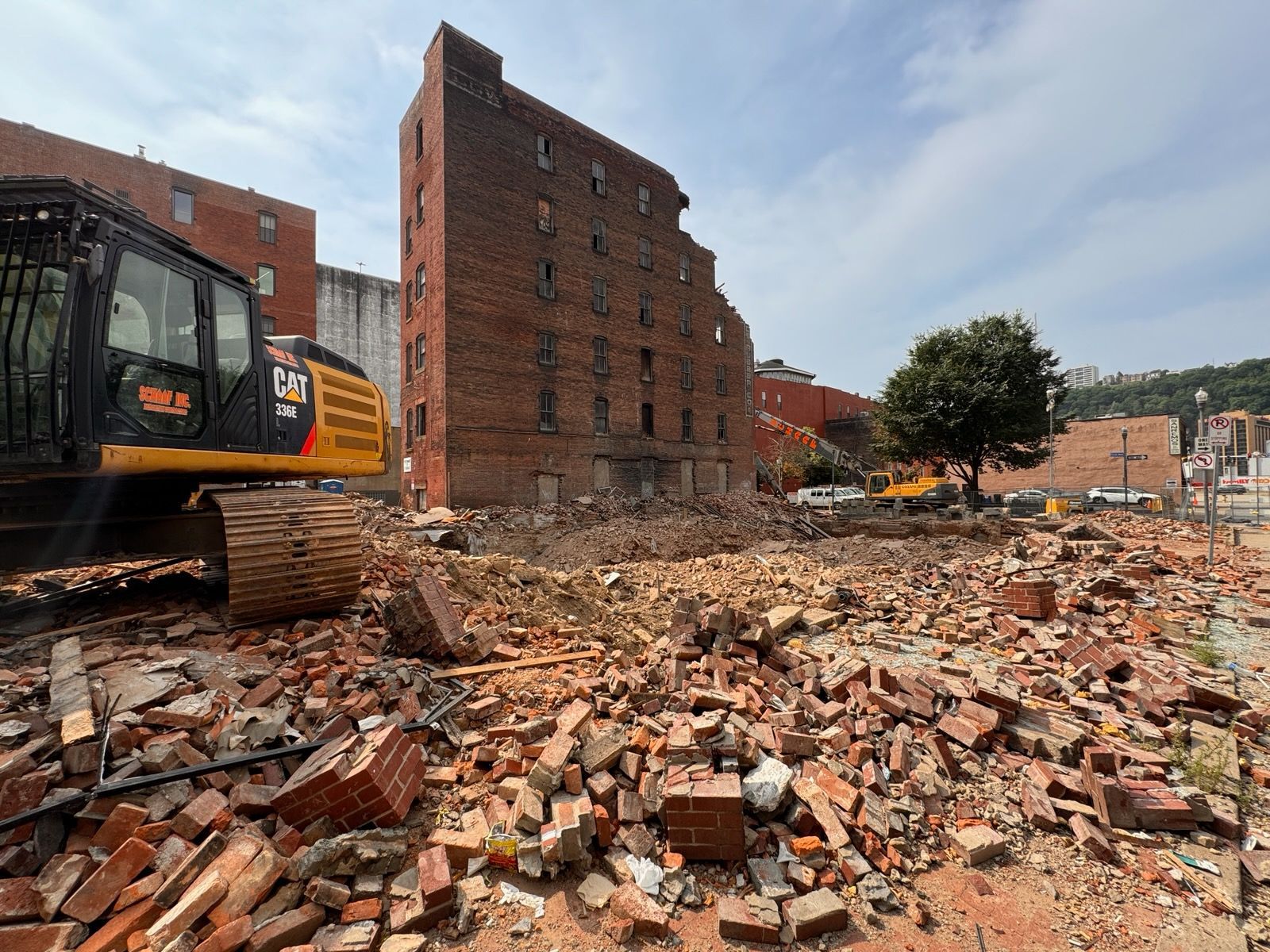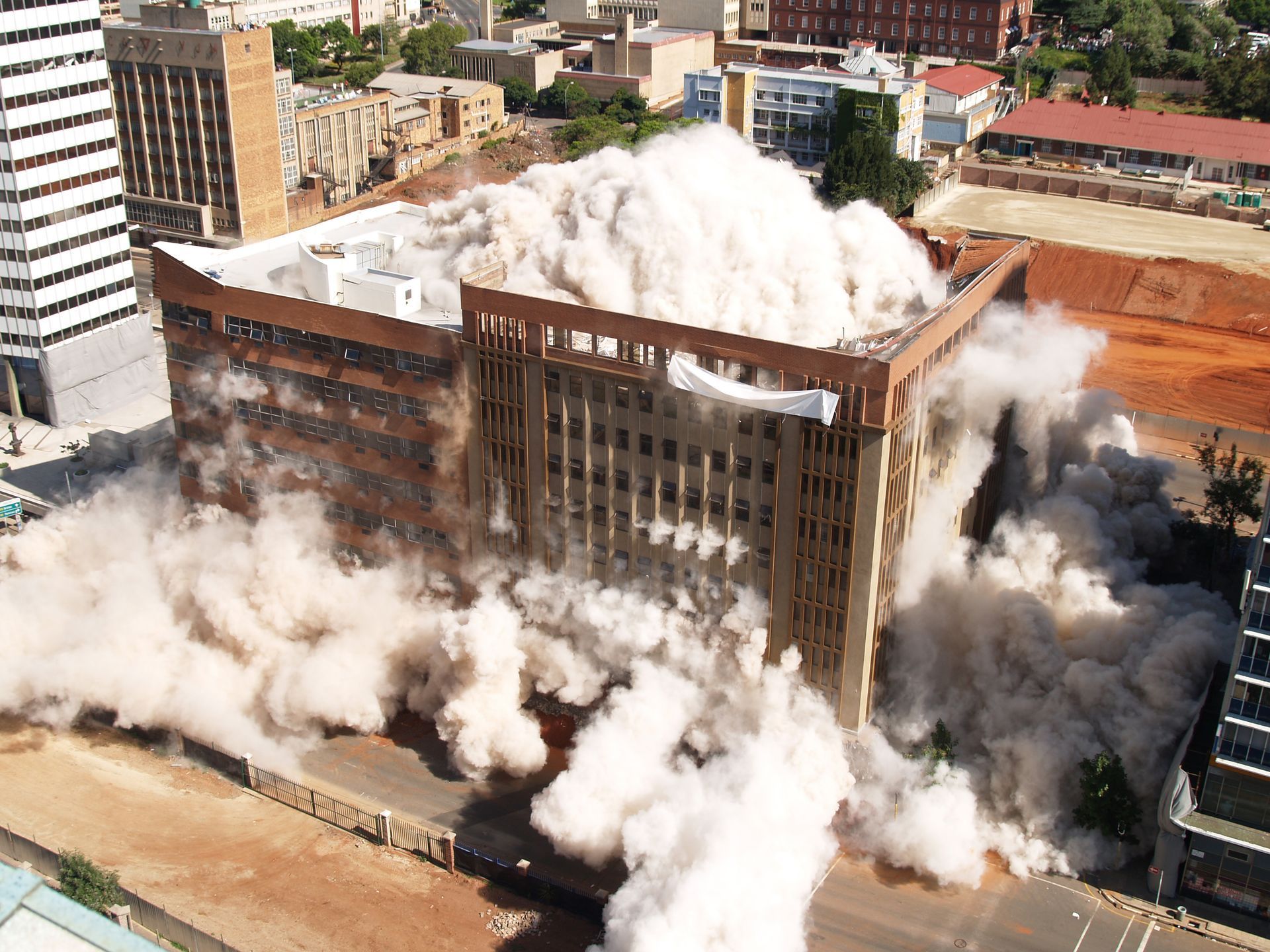Techniques Used By Commercial Demolition Contractors
When considering demolition on your commercial property, there is plenty to learn before beginning to search for a contractor. There are different types of commercial demolition techniques and important details on the process, costs, and selecting the right contractor that you need to know. Here's a comprehensive guide to help you make informed decisions on your next commercial demolition project.
Demolition Types And Steps Used In Pittsburgh And Around The World
There are four main types of demolition, each used for a different application depending on your needs. The four main demolition techniques include:
1. Total Demolition Services
This technique involves the complete tearing down of a building. It's suitable for dilapidated, unsafe, or unwanted structures or when preparing a site for new construction.
Advantages:
- Clears the site for new construction
- Removes dangerous or non-functional buildings
Disadvantages:
- Generates a lot of debris
- Environmental impact due to material wastage
Safety Measures:
- Secure the perimeter
- Evaluate and remove hazardous materials
- Ensure proper equipment and trained personnel
2. Selective Demolition Services
Selective demolition involves carefully demolishing specific parts of a building while preserving the remaining structure. It's ideal for renovations, remodeling, or repurposing existing buildings.
Advantages:
Maintains reusable materials and building elements
Less waste and environmental impact
Disadvantages:
Requires more planning and coordination
Longer time and higher costs compared to total demolition
Safety Measures:
Secure affected areas
Create a detailed plan for the demolition process
Use specialized equipment for precision
3. Interior Demolition Services
Interior demolition targets only the internal structure, leaving the outer shell intact. It's perfect for reconfiguring interior spaces or preparing for tenant improvements in commercial buildings.
Advantages:
- Maintains the building's exterior and basic structure
- Allows for creative reconfiguration of interior spaces
Disadvantages:
- Requires careful execution to avoid damage to the outer shell
- Noise and dust may affect neighboring spaces
Safety Measures:
- Implement dust and noise control measures
- Use proper equipment and trained professionals
- Ensure structural stability during demolition
4. Deconstruction
Deconstruction involves systematically dismantling a building, with the goal of salvaging and reusing materials. This sustainable option is suitable for older or historic structures and projects with a focus on environmental responsibility.
Advantages:
- Minimizes waste
- Reduces environmental impact
- Preserves reusable materials
Disadvantages:
- Extremely labor-intensive and time-consuming
- Higher costs than other demolition techniques
Safety Measures:
- Comprehensive planning and documentation
- Adequate training and expertise
- Proper safety gear and risk management approach
Five Steps in the Demolition Process
There are five main steps that are carried out during a commercial demolition project. These steps include:
Acquiring Necessary Permits
Before any demolition can take place, the demolition contractor must obtain all required permits from the local municipality. These permits ensure that the process adheres to safety and environmental regulations.
Clearing Out the Building
The crew will remove any furniture, equipment, and non-structural elements from the building before starting demolition. This step helps to ensure the safety of workers and prevents damage to reusable materials.
Putting Safety Precautions in Place
Safety is crucial in any demolition project. The crew will secure the area with fences, barriers, or signs to keep unauthorized persons out of the site. They'll also conduct a thorough inspection of hazardous materials and implement measures to protect workers and neighboring properties.
Starting Demolition Work
Once all necessary preparations are in place, the crew will begin demolition work as per the agreed-upon plan. They'll use specialized equipment and techniques to bring down the building safely and efficiently.
Disposing of Debris
After the building is demolished, the contractor must remove all debris from the site. Depending on local regulations, they may recycle or properly dispose of waste materials. They'll also restore the site to its original state and prepare it for new construction.
Cost Factors in Demolishing A Building
When it comes to commercial demolition, there are several factors that can affect the cost of the overall project, including:
Location and Permits
The cost of permits varies depending on the municipality and project scope. Additionally, location plays a role in determining transportation costs for equipment, waste disposal fees, and labor rates.
Building Size and Type
Larger buildings require more time, labor, and equipment to demolish, resulting in higher costs. The type of construction also matters since some materials are harder or more expensive to demolish.
Hazardous Materials
The presence of hazardous materials like asbestos, lead paint, or mold requires specialized handling and disposal methods. This adds to the overall cost of demolition.
Site Preparation
Factors such as site accessibility and clearing out existing structures or terrain may require additional work and can increase costs.
Materials the Building is Constructed From
The materials used in construction also determine demolition costs. For instance, demolishing a building made of reinforced concrete requires more time and resources than a wooden structure.
Debris Recycling or Disposal
Depending on local regulations and the contractor's practices, waste materials may be recycled or disposed of in landfills, affecting the overall cost.
Finding a Good Demolition Company
Here are some factors to consider when selecting a commercial demolition company:
- Experience and expertise in commercial demolition projects
- Proper licensing and permits
- Adequate insurance coverage for workers, property damage, and liability
- Comprehensive safety program and adherence to regulations
- Clear communication and detailed project plan with cost estimates
- References from previous clients.
Ensure the company has proper licensing, experience, and certifications to meet industry standards and guarantee a successful project. Choosing a professional and reliable contractor can save you time and money and foster a safe and efficient demolition process.
By working with Schaaf Excavating Contractors, you can trust that your demolition project will be completed with the highest level of expertise and professionalism. Our experienced team is well-equipped to handle any type of commercial demolition project using the most efficient and safe techniques.
Commercial Demolition Services
Commercial demolition services are an essential part of the construction industry, whether it's for new construction, renovations, or environmental sustainability. By understanding the various techniques and costs and selecting the right contractor, you can ensure a successful project that meets your goals while adhering to safety and environmental regulations. Keep this guide handy to make informed decisions on your next commercial demolition project.
Contact us today to learn more about our services and how we can assist you in your next commercial demolition project in Pittsburgh!

Author: Tim Schaaf
Owner & Founder of Schaaf Excavating Contractors.
